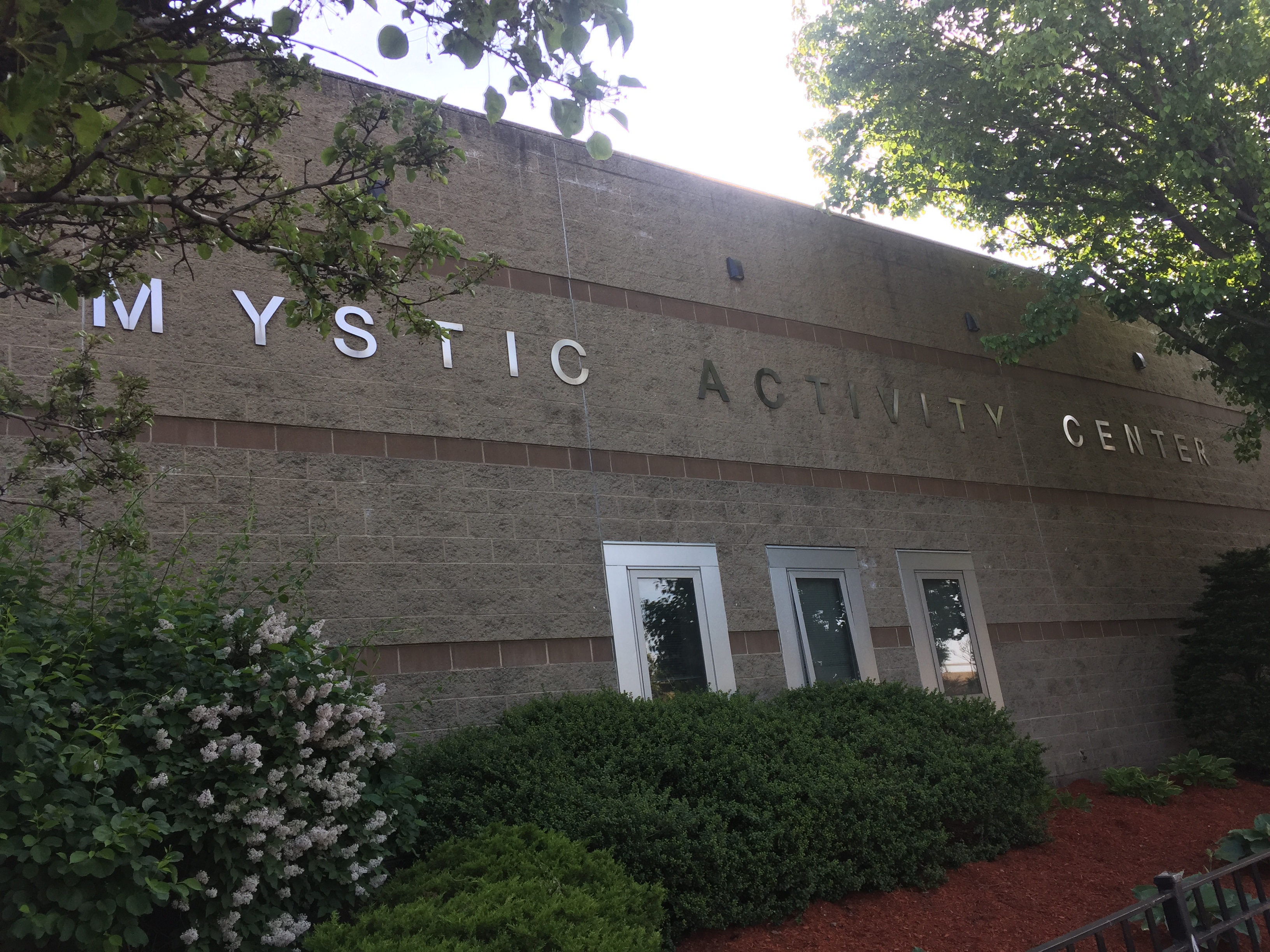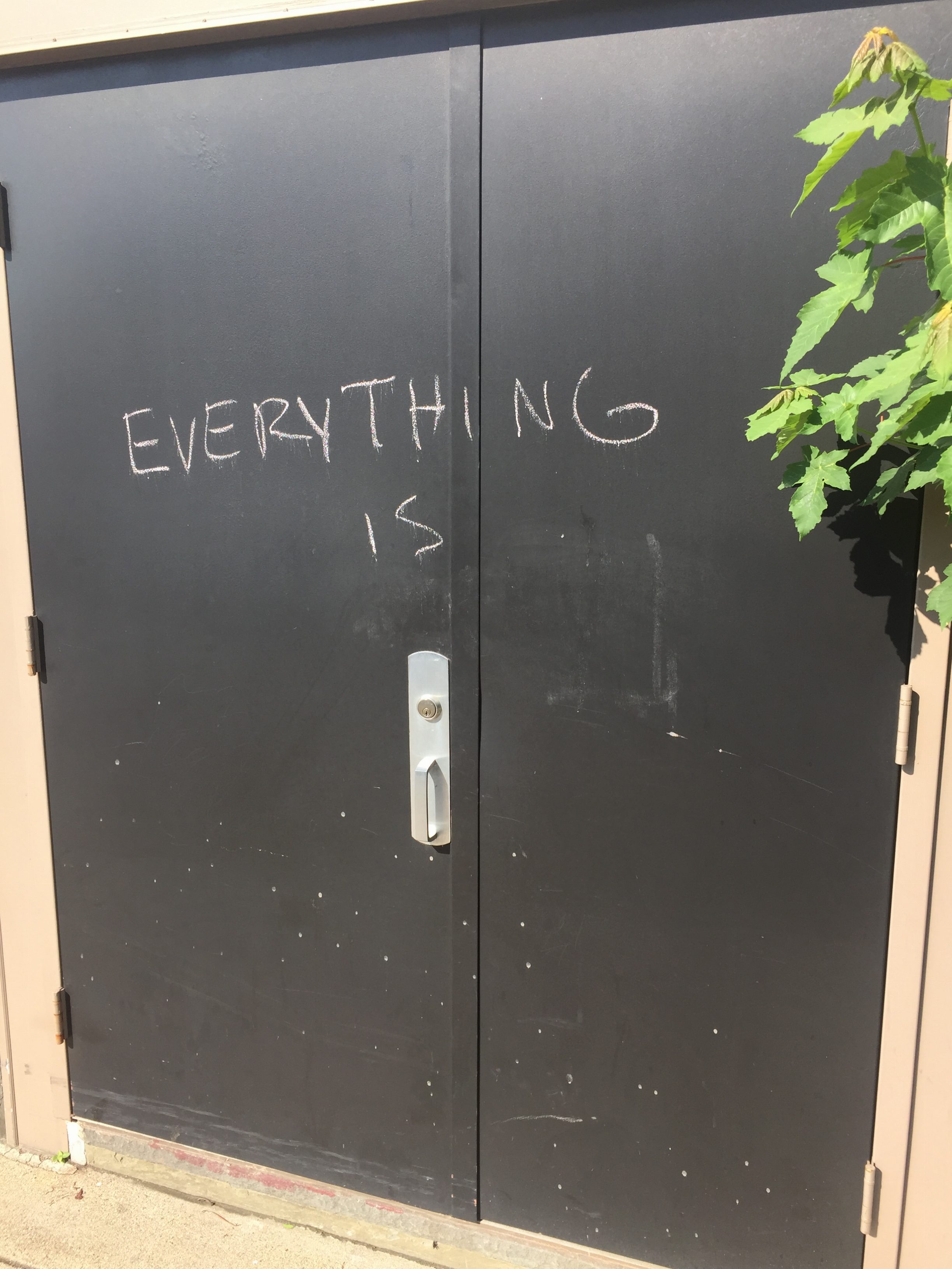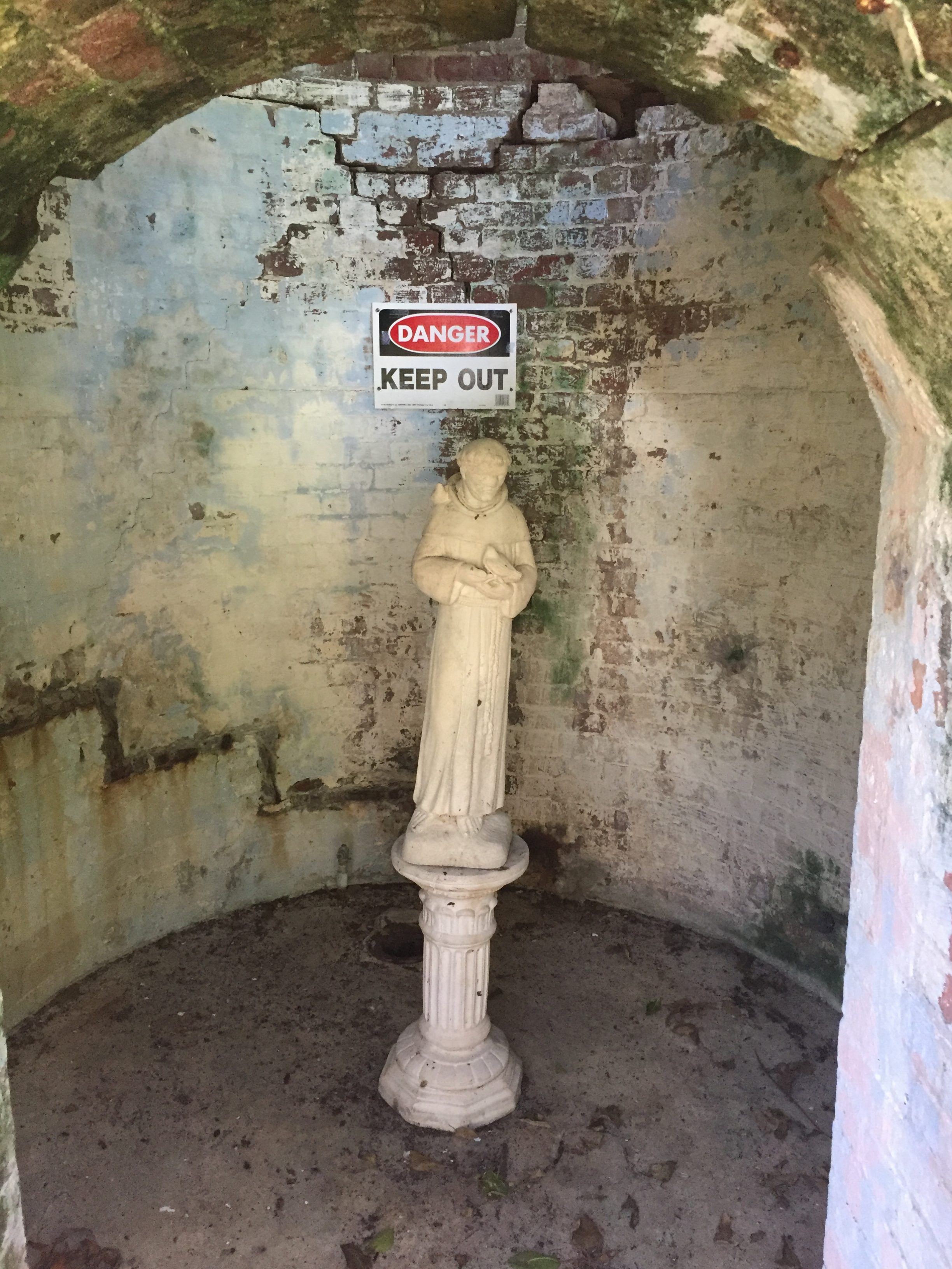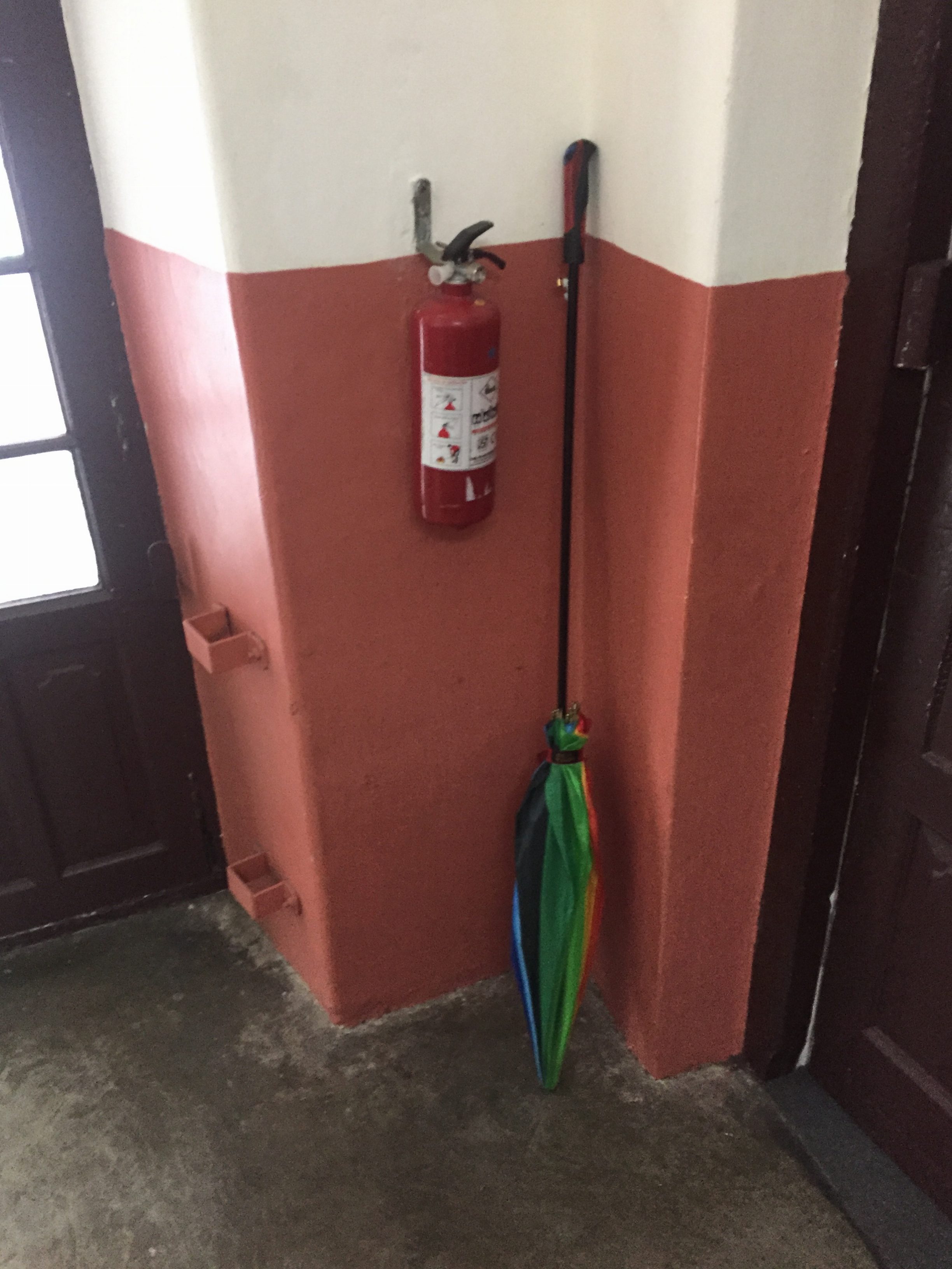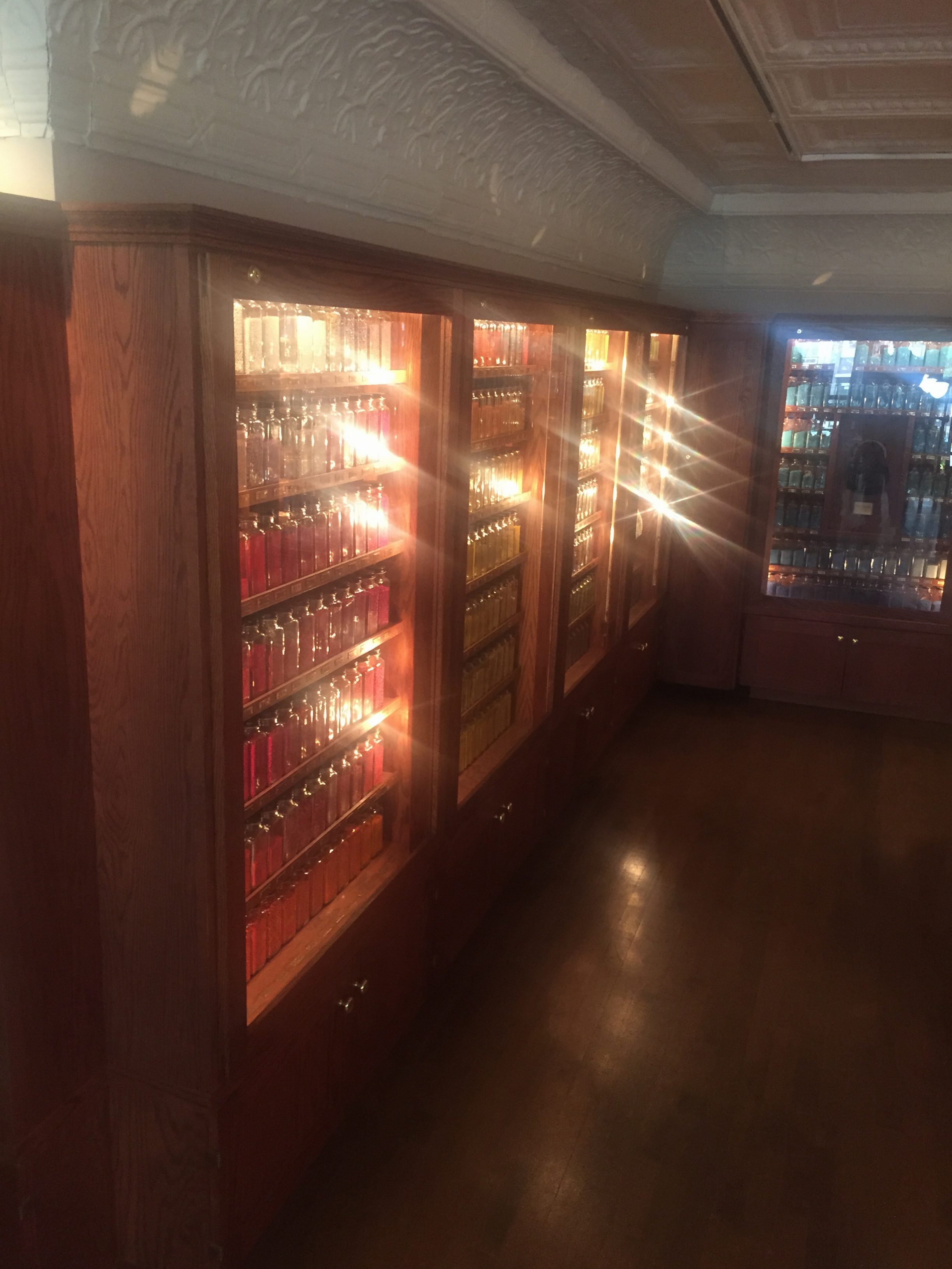The Worm
‘The world is through with playcenters. Its children have become too fat, its parents too hurried. They retire now, a slow migration to the American west where a prismatic limbo squirms and coils and degrades in peace, leaching its bitter revenge into the countryside.
Just three hours west of Brookings, ‘The Playcenter Recycling Facility’ twists like an ancient worm, emerging from the earth in knots of lurid plastic and psychedelic, sun-bleached towers. A small warehouse presses itself against the boundary of the property and purports to be the key functioning piece in the recycling process, but the rainbowed landscape only grows, bulging further into the sky with every year.
Trespassing on the ‘Facility’s’ grounds is forbidden, in theory, but every few months a bright tube hangs down over the fencing or burrows up from the dirt, pressed outward by the growing mass. The curious may enter here but are advised to listen for the ‘Facility’s’ employees, who come around occasionally like gardeners to trim back the encroaching maze.’
It’s a few weeks of circling the area before news of an emerging tendril surfaces on an otherwise abandoned internet forum, another day of surveilling ‘The Playcenter Recycling Facility’ before I feel confident that its cameras aren’t functional, or if they are, that nobody responsible is watching. Three people enter the through an orange tube that has erupted on the ‘Facility’s’ eastern side. One person exits and I can’t say for sure whether it’s one of the three.
I am the fourth to enter on my watch, slipping into the dark orange tunnel and following its curve under the fence. My goal is to find an exit early, to squeeze along the outside of the ruinous architecture, but there is no clear exit- only the occasional window, the size of a child’s smiling face.
I become irrevocably lost and spend the night in a tower, curled in a dirty quilt. The boundaries of the facility seem impossibly far away. The sunset casts shadows in colors previously unknown. The plastic sings a creaking song and eventually I sleep.
Daytime in the ‘Facility’ is oppressively warm and the greasy handprints of past children slide from the walls and pool in unlikely places. I am haunted by the spectral scent of french fries and burgers while my own food, what I brought with me, is rationed in portions that only serve to make me hungrier.
The idea that I might die in the ‘Facility’ ceases to be a joke.
I find, at the center of the tubing, a massive lake of plastic balls and I watch long enough to see it shift. I refuse to enter, but having found it once I spend the next day avoiding it, taking new paths, climbing and sliding, only to find myself returned to its shores. There is a force like gravity at the center of ‘The Playcenter Recycling Facility,’ and it holds me there for a time.
Hungry and tired, I find myself facing a slide in dark purple. It is steep and I am high, high up in the labyrinth. It will take me to the exit, I think, or to the lake. It has the promise of finality about it and, at its precipice, I am ready for an end.
-traveler

